The Princeton Economic History of the Western World56
Joel Mokyr, Series Editor
Seeking to build a comprehensive and authoritative literature on Western economic development in all of its facets, this renowned series features books from the world’s leading scholars on a vast range of topics: the transformation of medieval Europe from a rural to a capitalist economy; the institutions that marked the European revolutions; the rise of the modern capitalist economies; and the role that technology, commercial expansion, and the international division of labor played in fueling their growth throughout the West and the world.
-

A definitive reframing of the economic, institutional, and intellectual history of the managerial era
-

How apprenticeship shaped the English economy
-

How human institutions—markets, states, communities, religions, guilds and families—have helped both to control and to exacerbate epidemics throughout history.
-

How the expansion of primary education in the West emerged not from democratic ideals but from the state’s desire to control its citizens
-
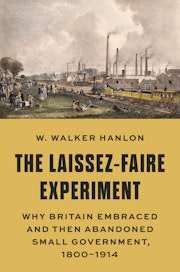
Why Britain’s attempt at small government proved unable to cope with the challenges of the modern world
-

A staggering new account of the civilian death toll of the world wars—and what it reveals about the true nature and cost of modern war
-
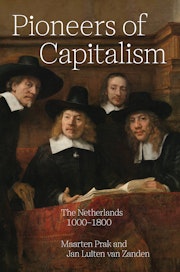
How medieval Dutch society laid the foundations for modern capitalism
-
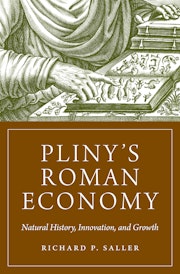
The first comprehensive study of Pliny the Elder’s economic thought—and its implications for understanding the Roman Empire’s constrained innovation and economic growth
-
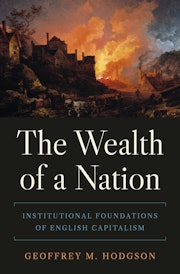
How the development of legal and financial institutions transformed Britain into the world’s first capitalist country
-
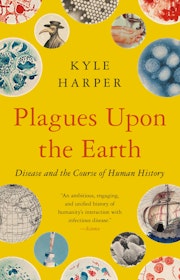
A sweeping germ’s-eye view of history from human origins to global pandemics
-

In War, Wine, and Taxes, John Nye debunks the myth that Britain was a free-trade nation during and after the industrial revolution, by revealing how the British used tariffs—notably on French wine—as a mercantilist tool to...
-
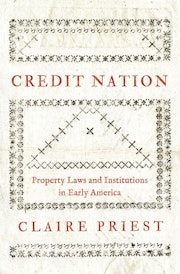
How American colonists laid the foundations of American capitalism with an economy built on credit
-
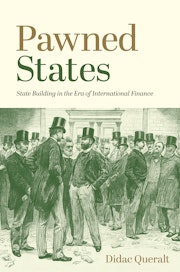
How foreign lending weakens emerging nations
-

An authoritative economic history of Israel from its founding to the present
-
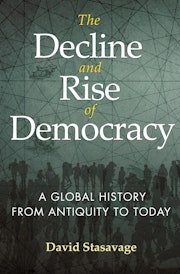
"One of the most important books on political regimes written in a generation."—Steven Levitsky, New York Times–bestselling author of How Democracies Die
A new understanding of how and why early democracy took hold, how modern democracy evolved, and what this history... -
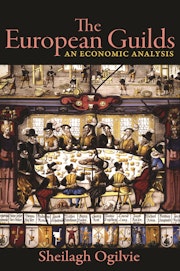
A comprehensive analysis of European craft guilds through eight centuries of economic history
-
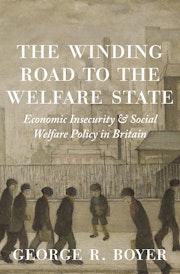
How did Britain transform itself from a nation of workhouses to one that became a model for the modern welfare state? The Winding Road to the Welfare State investigates the evolution of living standards and welfare policies in Britain...
-
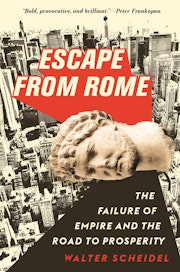
The gripping story of how the end of the Roman Empire was the beginning of the modern world
-
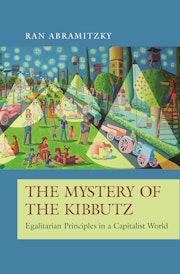
How the kibbutz movement thrived despite its inherent economic contradictions and why it eventually declined
-
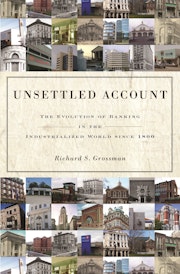
A sweeping look at the evolution of commercial banks over the past two centuries
-
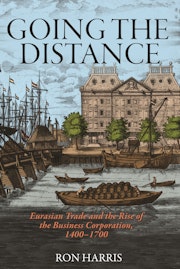
A historical look at the early evolution of global trade and how this led to the creation and dominance of the European business corporation
-
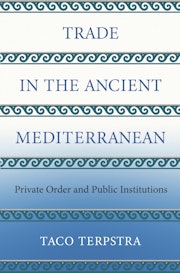
How ancient Mediterranean trade thrived through state institutions
-
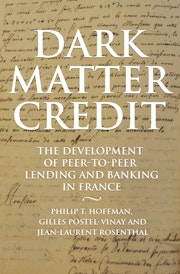
How a vast network of shadow credit financed European growth long before the advent of banking
-
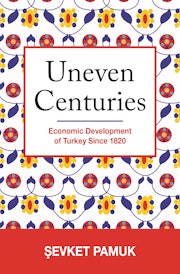
The first comprehensive history of the Turkish economy
-
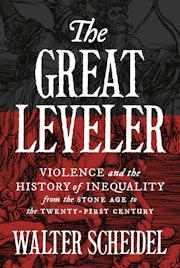
How only violence and catastrophes have consistently reduced inequality throughout world history
-
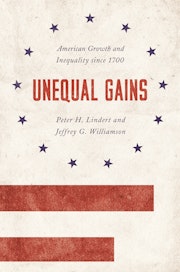
A book that rewrites the history of American prosperity and inequality
-
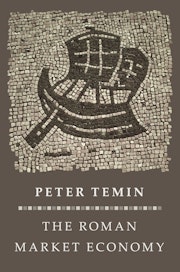
What modern economics can tell us about ancient Rome
-
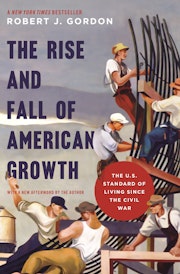
How America's high standard of living came to be and why future growth is under threat
-
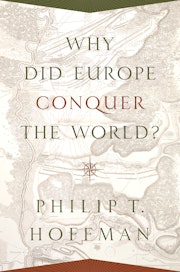
The startling economic and political answers behind Europe's historical dominance
-

What the loans and defaults of a sixteenth-century Spanish king can tell us about sovereign debt today
-
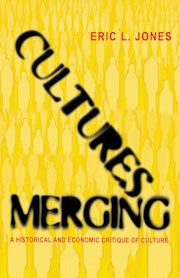
"Economists agree about many things--contrary to popular opinion--but the majority agree about culture only in the sense that they no longer give it much thought." So begins the first chapter of Cultures Merging, in which Eric...
-
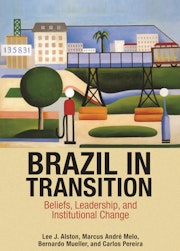
Brazil is the world's sixth-largest economy, and for the first three-quarters of the twentieth century was one of the fastest-growing countries in the world. While the country underwent two decades of unrelenting decline from 1975 to...
-
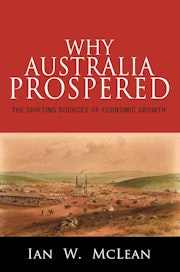
This book is the first comprehensive account of how Australia attained the world's highest living standards within a few decades of European settlement, and how the nation has sustained an enviable level of income to the present. Why...
-
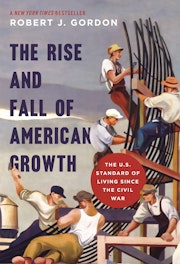
How America's high standard of living came to be and why future growth is under threat
-
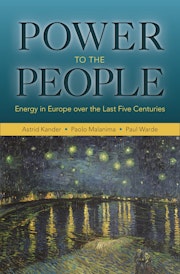
Power to the People examines the varied but interconnected relationships between energy consumption and economic development in Europe over the last five centuries. It describes how the traditional energy economy of medieval and early...
-
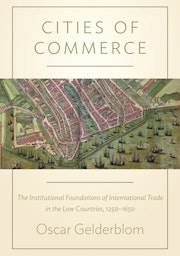
Cities of Commerce develops a model of institutional change in European commerce based on urban rivalry. Cities continuously competed with each other by adapting commercial, legal, and financial institutions to the evolving needs of...
-
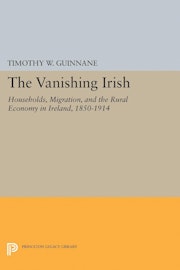
In the years between the Great Famine of the 1840s and the First World War, Ireland experienced a drastic drop in population: the percentage of adults who never married soared from 10 percent to 25 percent, while the overall population...
-
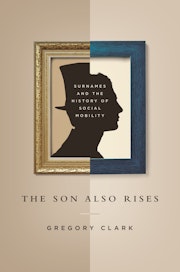
A surprising look at how ancestry still determines social outcomes
-
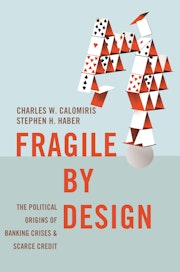
Why stable banking systems are so rare
-
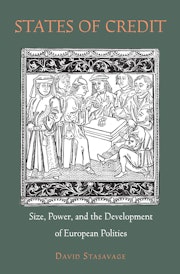
States of Credit provides the first comprehensive look at the joint development of representative assemblies and public borrowing in Europe during the medieval and early modern eras. In this pioneering book, David Stasavage argues that...
-

How the Jewish people went from farmers to merchants
-

In 1700, most composers were employees of noble courts or the church. But by the nineteenth century, Chopin, Schumann, Brahms, Verdi, and many others functioned as freelance artists teaching, performing, and selling their compositions...
-
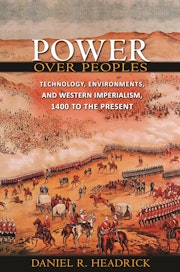
A major history of technology and Western conquest
-
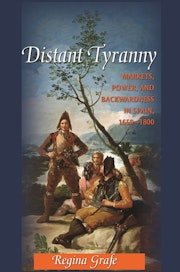
Spain's development from a premodern society into a modern unified nation-state with an integrated economy was painfully slow and varied widely by region. Economic historians have long argued that high internal transportation costs...
-
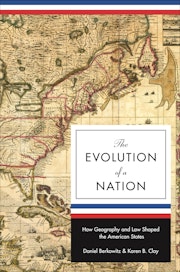
Although political and legal institutions are essential to any nation's economic development, the forces that have shaped these institutions are poorly understood. Drawing on rich evidence about the development of the American states...
-
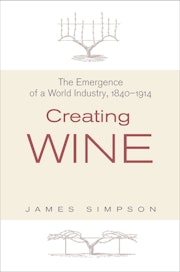
Today's wine industry is characterized by regional differences not only in the wines themselves but also in the business models by which these wines are produced, marketed, and distributed. In Old World countries such as France, Spain...
-
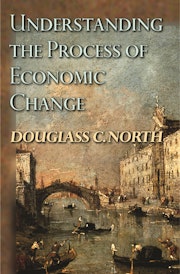
In this landmark work, a Nobel Prize-winning economist develops a new way of understanding the process by which economies change. Douglass North inspired a revolution in economic history a generation ago by demonstrating that economic...
-
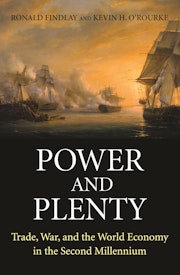
International trade has shaped the modern world, yet until now no single book has been available for both economists and general readers that traces the history of the international economy from its earliest beginnings to the present...
-
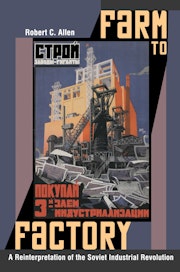
To say that history's greatest economic experiment--Soviet communism--was also its greatest economic failure is to say what many consider obvious. Here, in a startling reinterpretation, Robert Allen argues that the USSR was one of the...
-
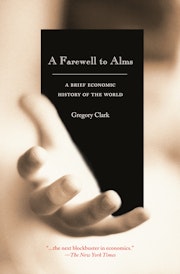
Why are some parts of the world so rich and others so poor? Why did the Industrial Revolution--and the unprecedented economic growth that came with it--occur in eighteenth-century England, and not at some other time, or in some other...
-
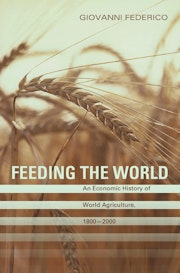
In the last two centuries, agriculture has been an outstanding, if somewhat neglected, success story. Agriculture has fed an ever-growing population with an increasing variety of products at falling prices, even as it has released a...
-
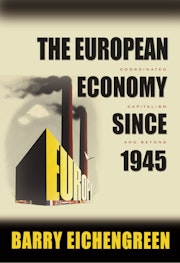
In 1945, many Europeans still heated with coal, cooled their food with ice, and lacked indoor plumbing. Today, things could hardly be more different. Over the second half of the twentieth century, the average European's buying power...
-
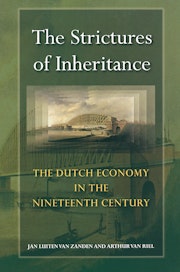
A major feat of research and synthesis, this book presents the first comprehensive history of the Dutch economy in the nineteenth century--an important but poorly understood piece of European economic history. Based on a detailed...
-
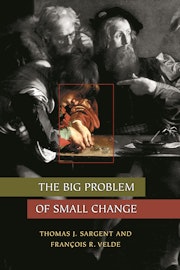
The Big Problem of Small Change offers the first credible and analytically sound explanation of how a problem that dogged monetary authorities for hundreds of years was finally solved. Two leading economists, Thomas Sargent and...
-
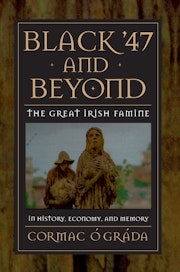
Here Ireland's premier economic historian and one of the leading authorities on the Great Irish Famine examines the most lethal natural disaster to strike Europe in the nineteenth century. Between the mid-eighteenth and early-nineteenth...
-
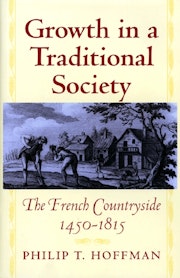
Philip Hoffman shatters the widespread myth that traditional agricultural societies in early modern Europe were socially and economically stagnant and ultimately dependent on wide-scale political revolution for their growth. Through a...